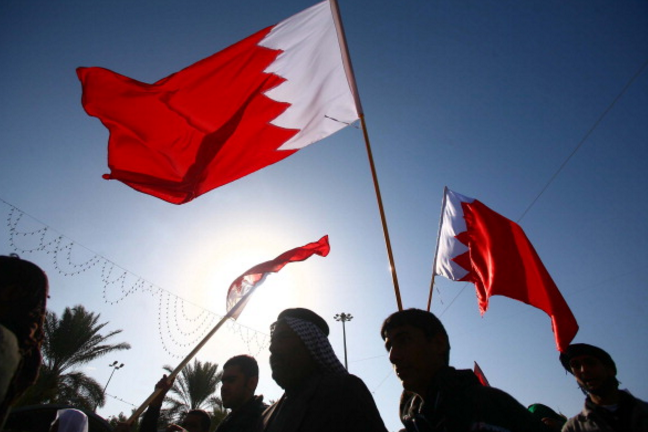Bahrain imposes travel curbs in crackdown on opponents – activists
Amnesty says at least 19 people have been prevented from travelling abroad in the past month

After a border official stopped him leaving Bahrain last week, citing a security order, Mohammed al-Tajer said he checked with the departments in charge of passports and investigations and was told no travel ban was in place.
The 50-year-old lawyer, who had been planning a short visit to Saudi Arabia, was not surprised. He had joined a growing list of people confined to their country as part of what rights groups describe as an attempt to crush the opposition.
Tajer said some people found out when they headed to the airport last month to fly to Geneva to attend a meeting by the U.N. Human Rights Council. Others were informed when they tried to cross the King Fahd Causeway to Saudi Arabia last week.
“There are 17 of us — some of them are not rights activists or well known figures,” Tajer, who has defended prominent Bahraini opposition activists, told Reuters.
Amnesty International says at least 19 people, including doctors, lawyers, academics and journalists, have been prevented from travelling abroad in the past month.
Bahrain’s Sunni-led government, mainly drawn from the ruling al-Khalifa family, has been rattled by opposition calls for major reforms, including a cabinet chosen from an elected parliament, and a deep financial crisis that has forced it to cut subsidies and increase basic prices.
The crackdown also follows a deepening diplomatic row between Bahrain’s main Sunni backer, Saudi Arabia, and Shi’ite power Iran.
The rift has grown wider since Iranian demonstrators, angry at the execution of a prominent Shi’ite Muslim cleric in January, ransacked Saudi missions prompting Riyadh and Manama to sever diplomatic ties with Tehran.
NO OFFICIAL COMMENT
Bahraini authorities had no immediate comment on the travel ban in general or on Tajer’s situation. The government says it does not tolerate human rights violations and has established bodies to receive complaints.
Bahrain’s National Institution for Human Rights (NIHR) said it had “noted with concern” the increased number of cases of travel bans and called for them to stop.
“The NIHR notes that decision to ban travel without a judicial order obstructs the constitutional of movement and travel, which contradicts the kingdom’s international and regional commitments related to human rights,” it said in a statement to Reuters.
Shaken by bouts of unrest since Arab Spring-style mass protests in 2011, Western-allied Bahrain, where the U.S. Fifth Fleet is based, has explained a crackdown on opponents in recent weeks as “correcting” the political discourse.
Since June, Bahraini authorities have closed down the main Shi’ite opposition group al-Wefaq, revoked the citizenship of top Shi’ite Muslim cleric Ayatollah Isa Qassim and re-arrested prominent rights campaigner Nabeel Rajab for anti-government Tweets. A court has also more than doubled the prison sentence on al-Wefaq leader Sheikh Ali Salman.
“PUNISH AND MUZZLE”
Rights groups have documented the travel bans.
The Bahrain Centre for Human Rights (BCHR) said on July 4 it had recorded at least 14 cases of rights campaigners and civil society activists having been banned from travel in June.
Amnesty International said it had recorded 21 cases since 2015, 19 of them in the past month alone.
“Preventing human rights defenders, journalists and former prisoners of conscience from leaving their own country is just one of a long list of repressive tactics the Bahraini authorities have sought to punish and muzzle its critics in recent weeks,” said Ariel Plotkin, Amnesty International’s Bahrain campaigner.
“Bahrain has entered a deeply worrying new phase of clampdown on human rights, instilling fear on civil society.”
Apart from Tajer, they include Sharaf al-Mousawi, the head of Bahrain’s branch of Transparency International, Rula al-Saffar, president of the Bahrain Nursing Society and brain surgeon Taha al-Durazi and his wife.
On July 7, Bahraini journalist and activist Ahmed Radhi was banned from boarding a flight from Manama to Oman, without any prior notification of any ban imposed on him.
“My name is not on any list of banned people and I have a certificate of good conduct from the investigations department, yet I am banned from travel,” Radhi said, according to his Twitter account.
Tajer said it was normal in Bahrain for people to be punished with measures such as travel bans without an official order being presented by any party.
“Don’t be astonished. Many things that cannot be explained happen,” Taker said. “In Bahrain, everything is possible, especially against people who are not viewed with satisfaction by the government.”
